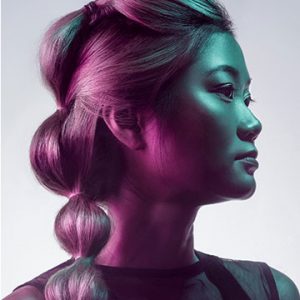"eugene" wrote in
news:c139pn$te$:
Hi, anyone got suggestions about taking night shots. I don’t know how a digital camera works but I am used to using film. If I want to take night shots I just expose my film for a longer period of time. When I try to take digital, I just get a black image. Here in Ireland at the moment we have great clear and frosty nights and I would love to be able to go up our local mountain and take scenic shots of the local town and villages. Can this be done digitally. I use a Pentax Optio but I can’t see how it may be done (if it even can be).
Waiting hopefully,
Eugene
Most digitals don’t do really long exposures well, and very few can even allow you to set the shutter speed longer than 30 seconds.
The reason is, digital sensors rely on changes in resistance from the photo-sensitive materials, and this is essentially a change in voltage. With very low light, the changes are so minimal that they’re hard to get to register properly. Adjusting the camera to be more sensitive to the micro- voltages, especially over a cumulative period of time, means that stray signals and not-quite-perfect pixels produce false info, which is the noise that pops up in a digital image. This false info is often stronger than the real info of the faint light, and preventing it or screening it out requires more effort than most manufacturers want to make. Especially since night shots are low on the priority list for the average consumer.
It can be done, though, because it’s used in astrophotography all the time. Those are specialized sensors and software, and are priced accordingly too.
Film is different – it reacts chemically to light, and the effect is cumulative. Long exposures aren’t a hassle, except for a certain property where the emulsion becomes less sensitive at longer and longer exposures, and this takes place in different amounts for the different colors. So what happens is, if you have a good exposure at 30 seconds at f4, theory says you could achieve the same exposure by 120 seconds at f8, but rarely can – the film becomes less responsive and may produce a color shift. It’s called ‘Reciprocity Failure’.
I’ve been watching for a decent digital that can handle night exposures, but as yet it hasn’t been an option that manufacturers favor. So stay with film for those night shots, at least for the time being.
Good luck!
– Al.
—
To reply, insert dash in address to separate G and I in the domain

